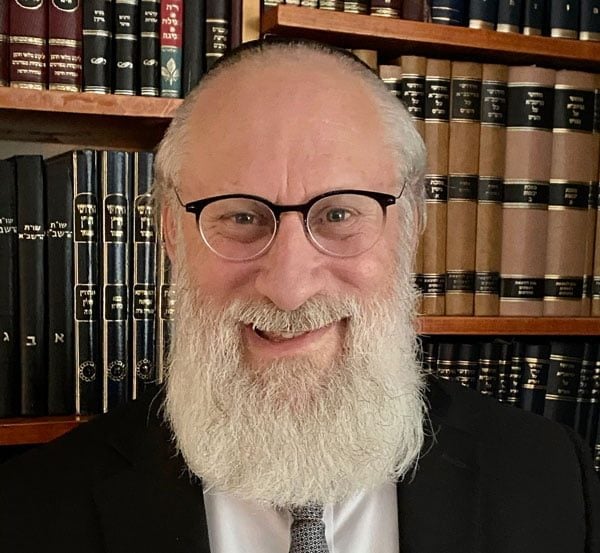Ask the Rabbi: The Month of Elul
Dear Rabbi Fried,
I recently heard a lecture where the speaker mentioned in passing the importance of the Jewish month of Elul. Although many listeners nodded in understanding, I was not sure what he was referring to; what is special about Elul?
Gerald B.
Dear Gerald,
Every Jewish month in our lunar calendar has its own special and unique meaning, which is a fascinating study on its own right.[1]
The Jewish month of Elul is the month which precedes Rosh Hashanah. Traditionally Jews have assigned tremendous significance to this month. The father of the “mussar” movement, Rabbi Israel of Salant[2] writes in his collected letters that he remembers in his youth how the entire congregation would literally tremble when the reader announced the upcoming month of Elul! This trembling stemmed from a very palpable belief in Rosh Hashanah as a day of judgment when all matters, from monetary to life-and-death, would be judged and decided. R’ Salanter writes that this “trembling” bore fruit in each person, accepting that announcement as a wake-up call to begin to serious reflect upon, and improvement of, their thoughts and deeds. He laments how, in his old age, that “trembling” has largely been lost. (He stated this some 150 years ago during a time of relative greatness; what would he say of our times?!)
The theme of Elul is one of deepening and enhancing our love relationship with the Almighty. The word “Elul” is spelled Aleph Lamed Vav Lamed in Hebrew. Those letters form an acronym for the words of the verse “Ani Ledodi Vedodi Li”, or “I am to my Beloved and my Beloved is to me” [3] “My Beloved” is referring to God. The verse is teaching that to the extent which I reach out and extend my love to God – in turn He will reach back and extend His love to me. The month in which God reaches out more than any other is Elul, when the Heavenly gates of love are opened, beseeching us to enter them and reconnect with Him as never before.
Since the beginning of Jewish history Elul has been the month in which God expressed His love and mercy to the Jews. After the sin of the Golden Calf and the subsequent breaking of the first set of Tablets, the Jews repented. God then invited Moses to return to Sinai for the 3rd and final time, presenting him the second set of Tablets. The day Moses ascended Sinai that final time was Rosh Chodesh, the 1st day of month of Elul. He remained there for 40 days and nights which culminated in God’s forgiveness on the 40th day. That day was Yom Kippur, the very first Yom Kippur in history.
The morning Moses returned to the mountain, the 1st day of Elul, the shofar was sounded throughout the camp to remind the Jews not to return to their sinful ways of the Golden Calf. In commemoration of that sounding of the shofar as well as to serve as a wakeup call to all Jews to improve their ways before the Day of Judgment, it is customary in synagogues throughout the world to blow the shofar every morning of Elul – after the morning service – until the day before Rosh Hashanah[4].
The shofar blast during Elul, as we see, serves as a double reminder.
- Firstly, the Day of Judgment is coming, let us improve our deeds!
- Secondly; let us make the most of this special time to forge a stronger, more meaningful love relationship with God.
Please go onto the DATA Facebook page to join us every morning for the blowing of the Shofar!
[1] See “The Hebrew Months” Ryzman, Artscroll Publications [need to check the precise name of the book…]
[2] 19th Century
[3] Shir Hashirim/ Song of Songs 6:3
[4] In order to distinguish between this customary blowing and the Torah obligation on Rosh Hashanah itself we refrain from blowing the shofar of Elul the day before Rosh Hashana.




